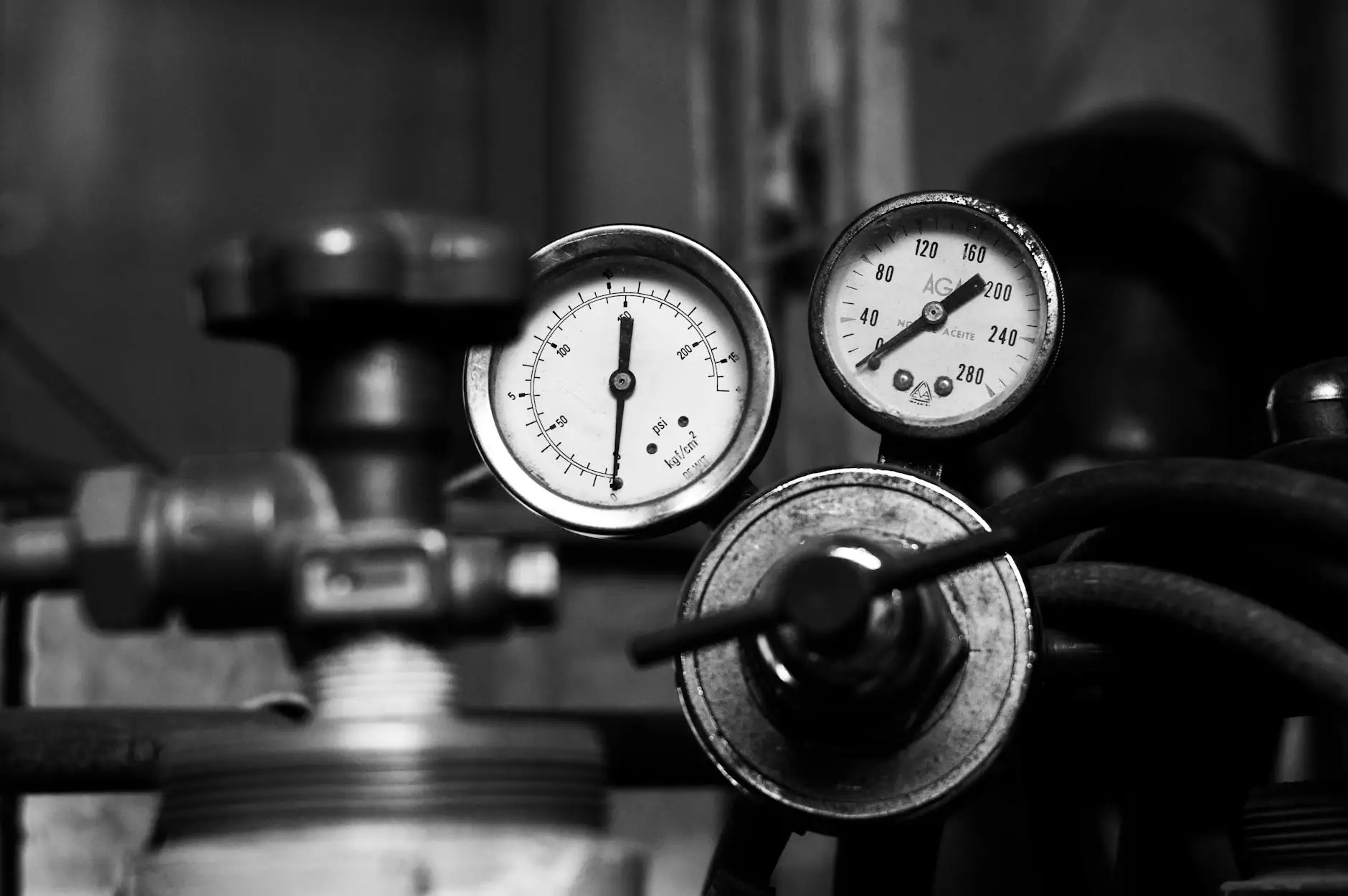Understanding PSI Units and Their Importance in Business Operations

PSI unit, short for pounds per square inch, is a critical measurement in various fields, including engineering, automotive repair, and agricultural equipment management. This article explores the significance of PSI in these industries and how businesses like Michael Smith Engineers propel their operations to new heights using this vital metric.
What is a PSI Unit?
The PSI unit is a measurement of pressure, defined as the amount of force applied to a surface area. In the imperial system, a pressure of one pound per square inch is equivalent to a force of one pound applied to an area of one square inch. This unit is widely utilized in engineering and automotive contexts, where precise pressure measurements are crucial for safety and efficiency.
Applications of PSI Units
Understanding PSI units is essential across various applications:
- Auto Repair: In the automotive industry, PSI measurements regulate tire pressure, ensuring vehicles operate efficiently and safely.
- Farm Equipment Repair: High-performance machinery requires accurate PSI levels for optimal function, particularly in hydraulic systems.
- Structural Engineering: PSI is crucial for understanding the load-bearing capacities of materials, impacting safety and design decisions.
The Role of PSI in Auto Repair
In the world of auto repair, maintaining the correct tire pressure is vital. The recommended PSI for tires is often found in the vehicle's manual or on a sticker inside the driver's door. Proper tire pressure ensures:
- Improved Fuel Efficiency: Correct PSI can enhance fuel efficiency, saving money and reducing emissions.
- Extended Tire Life: Maintaining the right tire pressure prolongs the life of the tires, preventing premature wear and tear.
- Enhanced Safety: Properly inflated tires reduce the risk of blowouts and increase traction on the road.
How to Measure PSI in Tires
Measuring tire pressure is a straightforward process that involves the following steps:
- Use a reliable tire pressure gauge.
- Remove the valve cap from the tire.
- Press the tire gauge onto the valve stem to get a reading.
- Compare the reading to the recommended PSI for your vehicle.
- If necessary, add or release air to achieve the proper pressure.
Farm Equipment and PSI Measurements
The agricultural sector relies heavily on farm equipment, and the correct PSI level is crucial for the operation of tractors, harvesters, and other machinery. In this context, PSI affects:
- Hydraulic Systems: Tractors operate using hydraulic systems that require precise PSI levels for optimal performance.
- Tire Performance: For farm equipment, tire pressure impacts traction and efficiency in various soil conditions.
- Equipment Longevity: Proper PSI protects machinery from wear, saving costs on repairs and replacements.
Monitoring Hydraulic PSI Levels
For hydraulics, monitoring PSI levels is vital. Regular checks can prevent system failures through:
- Routine inspections of pressure gauges.
- Regular maintenance to identify leaks or malfunctions.
- Ensuring that all hydraulic lines are secure and undamaged.
PSI in Structural Engineering
Structural engineers use PSI units to assess material strength and structural integrity. Materials must withstand specific pressures to ensure safety and durability:
- Concrete Strength: PSI is used to describe the compressive strength of concrete, a vital metric in construction.
- Material Testing: Engineers conduct tests to ensure materials meet the required PSI standards before use.
- Safety Regulations: Understanding PSI helps engineers comply with safety codes and ordinances.
Calculating Load and Pressure
Calculating the load and pressure that materials can withstand involves:
- Identifying the material properties.
- Assessing the dimensions of the structure.
- Applying engineering formulas to calculate PSI.
- Using software tools for complex calculations.
Conclusion: The Importance of PSI in Business
In conclusion, the PSI unit plays an integral role in various industries, influencing operational efficiency, safety, and equipment longevity. Businesses like Michael Smith Engineers recognize this significance, leveraging precise PSI measurements to enhance their service offerings in auto repair, farm equipment repair, and structural engineering.
Enhancing Business Operations
Adopting technology and training personnel to monitor and maintain proper PSI levels can lead to:
- Increased operational efficiency.
- Reduced downtime for repairs.
- Improved client satisfaction through safety and reliability.
By emphasizing the importance of PSI and staying informed about best practices, businesses can not only meet regulatory requirements but also exceed customer expectations. Proper knowledge and application of PSI units can serve as a competitive advantage in today’s marketplace, allowing firms to thrive in challenging economic climates.









